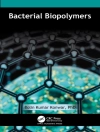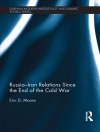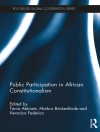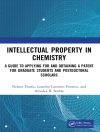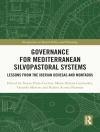The discovery of caged carbon structures, in 1985, established a whole new field of carbon chemistry. Unlike graphite and diamond, these structures known as fullerenes are finite in structure and are relevant to a wide variety of fields including supramolecular assemblies, nanostructures, optoelectronic devices and a whole range of biological activities.
Fullerenes: Principles and Applications discusses all aspects of this exciting field. Sections include: the basic principles for the chemical reactivity of fullerenes, electrochemistry, light induced processes, fullerenes for material sciences, fullerenes and solar cells, biological applications and multifunctional carbon nanotube materials. Written by leading experts in the field the book summarises the basic principles of fullerene chemistry but also highlights some of the most remarkable advances that have occurred in recent years.
Fullerenes: Principles and Applications will appeal to researchers in both academia and industry.
Tabela de Conteúdo
Preface;
Production, Isolation and Purification of Fullerenes;
Basic Principles of the Chemical Reactivity of Fullerenes;
Three Electrodes and a Cage: an Account of Electrochemical Research on C60, C70 and their Derivatives;
Light Induced Processes in Fullerene Multicomponent Systems;
Dendritic Encapsulation of Fullerenes to Facilitate their Nanoscopic Organization;
Hydrogen Bonding Donor-Acceptor Carbon Nanostructures;
Fullerenes for Material Science;
Plastic Solar Cells Using Fullerene Derivatives in the Photoactive Layer;
Fullerene Modified Electrodes and Solar Cells;
Biological Applications of Fullerenes;
Covalent and Non-covalent Approaches towards Multifunctional Carbon Nanotube Materials;
Subject Index
Sobre o autor
The Editors
Fernando Langa is a Professor of Organic Chemistry, University of Castilla-La Mancha, Toledo, SPAIN. His primary research interest are in the areas of chemistry of fullerenes, nanotubes, functionalization and solar energy conversion.
Jean-François Nierengarten works at the CNRS Researcher, Toulouse, France.
His current scientific interests range from covalent chemistry of fullerenes to dendrimers and Pi-conjugated systems with unusual electronic and optical properties.



